Is It Illegal To Keep a Wild Rabbit? Dive in!
Key Takeaways:
- It is generally illegal to keep a wild rabbit as a pet without proper permits or licenses.
- Laws surrounding the keeping of wild rabbits vary by country and even by state or province.
- Keeping a wild rabbit as a pet without the necessary permissions can result in fines or legal consequences.
- Consider adopting a domesticated rabbit from a shelter or seeking a licensed breeder as a legal and responsible alternative.
Have you ever come across a wild rabbit and thought about bringing it home as a pet? Before you make that decision, it’s important to understand the legal and ethical implications.
In this article, we’ll explore whether it’s illegal to keep a wild rabbit as a pet and delve into the various considerations you should keep in mind.
From legal regulations and permits to the impact on the rabbit’s habitat and the risks involved, we’ll cover it all. So, let’s hop right into the world of wild rabbits and find out what’s legal, what’s ethical, and what alternatives are available.
| Question | Answer |
| Is it illegal to keep a wild rabbit? | Yes |
| Reasons | 1. Wild rabbits are protected wildlife in many countries and it is illegal to capture or keep them as pets without proper permits. 2. Wild rabbits have specific dietary and habitat needs that are difficult to meet in captivity, which can lead to their suffering and decline in health. 3. Keeping wild animals as pets can facilitate the spread of diseases between them and humans. 4. It is generally better for wildlife to remain in their natural habitats where they can live freely and fulfill their ecological roles. |
| Penalties | The penalties for keeping a wild rabbit can vary depending on the jurisdiction, but they typically include fines and possible imprisonment. In some cases, the rabbits may be confiscated and released back into the wild. |
| Exceptions | There may be certain circumstances where individuals or organizations are allowed to keep wild rabbits for rehabilitation or conservation purposes under the supervision of authorized wildlife agencies or rehabilitators. It is important to check local laws and regulations to determine if any exceptions apply. |
Legal considerations for keeping a wild rabbit as a pet
To legally keep a wild rabbit as a pet, you need to be aware of the legal regulations, obtain the necessary permits and licenses, and ensure that the rabbit is not a protected wildlife species.
Legal regulations for wild animal keeping
When it comes to keeping wild animals as pets, there are legal regulations that need to be considered.
It is important to note that the regulations vary by country and even by region within a country.
Some countries have strict laws against keeping wild animals as pets, while others may have specific permit requirements.
It is crucial to research and understand the regulations in your area before considering keeping a wild animal as a pet.
This will help you ensure that you are complying with the law and providing the best care for the animal.
Remember, it is important to prioritize the welfare and conservation of wild animals.
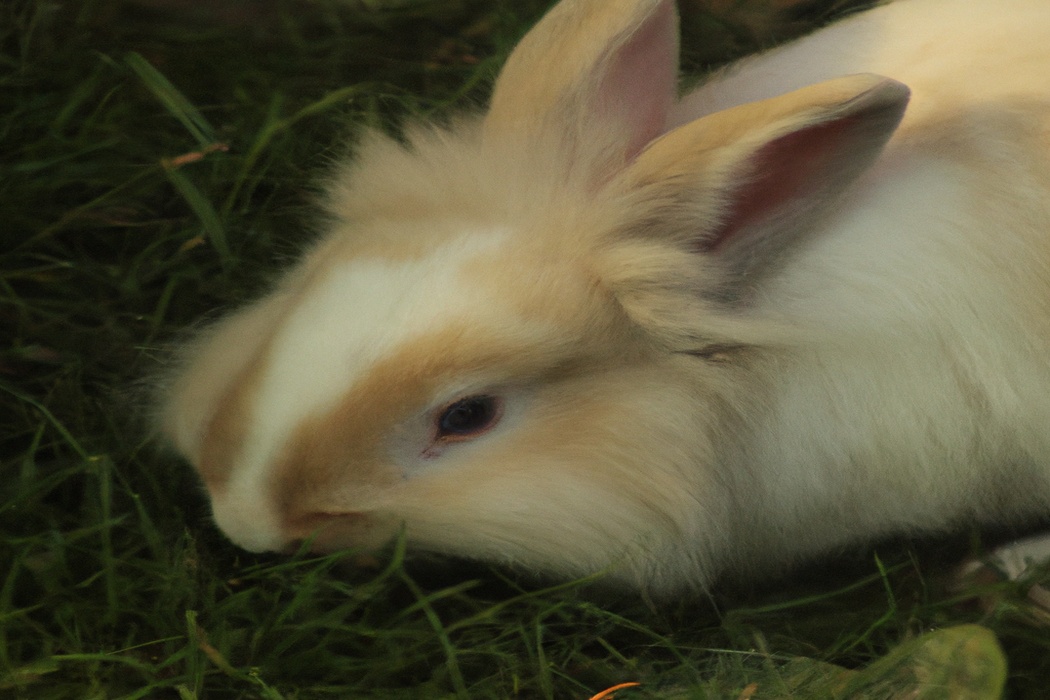
Wild rabbits as protected wildlife
Wild rabbits are classified as protected wildlife in many areas.
This means that it is typically illegal to keep a wild rabbit as a pet without the proper permits or licenses.
It’s important to respect these laws in order to preserve the population of wild rabbits and maintain ecological balance.
If you come across a wild rabbit in need of help, it is best to contact a local wildlife rescue organization for guidance on how to properly handle the situation.
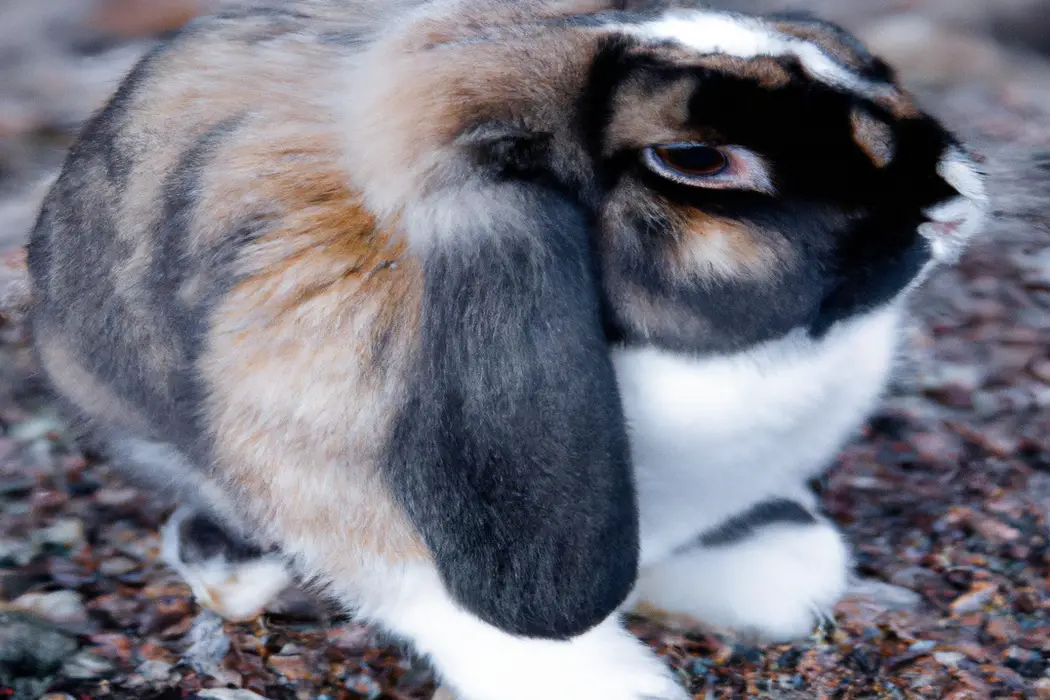
Obtaining proper permits and licenses
To legally keep a wild rabbit as a pet, you will need to obtain the proper permits and licenses. The specific requirements vary depending on your location, so it’s essential to research and understand the regulations in your area.
Contact your local wildlife or game department to find out what permits and licenses are necessary.
They will guide you through the process and provide you with the necessary information to ensure you are in compliance with the law.

Ethical considerations of keeping a wild rabbit as a pet
Keeping a wild rabbit as a pet raises ethical concerns that should be taken into consideration.
Impact on the rabbit’s natural habitat and ecosystem
Keeping a wild rabbit as a pet can have a negative impact on its natural habitat and ecosystem. The presence of a domesticated rabbit in the wild can disrupt the local ecosystem by spreading diseases, competing for resources with native species, and potentially leading to the decline of wild rabbit populations.
Additionally, domestic rabbits may escape or be released into the wild, further compromising the balance of the ecosystem.
It is important to consider the potential consequences before attempting to keep a wild rabbit as a pet.
Challenges of providing proper care for a wild rabbit
Taking care of a wild rabbit can be challenging for a few reasons.
First, wild rabbits have specific dietary needs that need to be met.
They require a diet rich in hay, fresh vegetables, and a small amount of pellets.
Second, wild rabbits are typically used to having plenty of space to roam and exercise.
Providing enough space in a domestic setting can be difficult.
Finally, wild rabbits have different behavioral and social needs than domestic rabbits.
They may be more skittish and less inclined to interact with humans.
Providing proper care for a wild rabbit requires careful attention to their dietary, exercise, and social needs.
Importance of considering alternatives to keeping wild animals as pets
Considering alternatives to keeping wild animals as pets is important for several reasons. Firstly, wild animals have complex needs that can be challenging to meet in a domestic setting.
They require specialized diets, living environments, and social interactions that are difficult to replicate outside of their natural habitats.
Secondly, keeping wild animals as pets can have negative impacts on their conservation status. When captured from the wild, these animals are often taken from their natural ecosystems, disrupting the delicate balance of their populations.
Additionally, the demand for wild animals as pets can contribute to illegal wildlife trafficking, a serious threat to many species.
Thirdly, there are many domesticated animal species that are better suited as pets. These animals have been bred and raised in captivity for generations, making them more adaptable to life with humans.
By choosing domesticated pets, you can ensure that your pet’s needs are met while also supporting responsible pet ownership.
Dangers and risks of keeping a wild rabbit as a pet
Keeping a wild rabbit as a pet can pose health risks, potential aggressiveness and behavioral issues, as well as the risk of escaping or getting lost in the wild.
Health risks for the rabbit and other pets
Keeping a wild rabbit as a pet can pose health risks, both for the rabbit itself and for other pets in your household. Some common health risks for the rabbit include the transmission of diseases, such as tularemia and myxomatosis, which can weaken their immune system and lead to serious complications.
Additionally, wild rabbits may carry parasites, like fleas and ticks, which can infect other pets and cause discomfort and illness.
It’s important to consult with a veterinarian and take necessary precautions to ensure the health and safety of both the wild rabbit and other pets in your home.
Potential aggressiveness and behavioral issues in wild rabbits
Wild rabbits can exhibit potential aggressiveness and behavioral issues when kept as pets.
They may become territorial and display aggressive behaviors towards humans and other animals.
Additionally, wild rabbits are more prone to stress and may exhibit destructive behavior such as chewing on furniture or digging.
It is important to remember that these behaviors are natural instincts for wild rabbits, and they can be difficult to manage in a domestic setting.
Proper knowledge, socialization, and patience are essential in addressing these behavioral issues in wild rabbits as pets.
Escaping or getting lost in the wild
Escaping or getting lost in the wild is a significant risk when keeping a wild rabbit as a pet. These animals have strong instincts and may find ways to escape their enclosures.
Once in the wild, they can struggle to find food, shelter, and face dangers such as predators and traffic.
To prevent this, it’s essential to ensure their enclosures are escape-proof and provide a safe and stimulating environment. Regular inspections and secure fencing can help minimize the risk of a wild rabbit escaping or getting lost.
Alternatives to keeping a wild rabbit as a pet
Instead of keeping a wild rabbit as a pet, consider supporting local wildlife rehabilitation centers or participating in conservation efforts. Another alternative is choosing a domesticated rabbit breed as a pet.
Supporting local wildlife rehabilitation centers
Supporting local wildlife rehabilitation centers is a great way to help injured or orphaned animals. By volunteering your time, donating money or supplies, or even spreading awareness, you can make a difference in their efforts to rescue, rehabilitate, and release wildlife back into the wild.
These centers rely on community support to continue their vital work, so any contribution, big or small, can go a long way in saving and protecting our local wildlife.
Consider reaching out to a nearby wildlife rehabilitation center to see how you can get involved.
Volunteering or participating in conservation efforts
One way you can contribute to the conservation of wild rabbits is by volunteering or participating in conservation efforts.
There are several ways you can get involved, such as:
- Joining a local wildlife organization or conservation group: These organizations often have programs and initiatives focused on protecting and conserving wildlife, including wild rabbits. By volunteering your time and skills, you can directly contribute to their efforts.
- Assisting with habitat restoration projects: Wild rabbits rely on suitable habitats for survival. Participating in habitat restoration activities, such as planting native vegetation or removing invasive species, can help create and maintain suitable environments for rabbits and other wildlife.
- Monitoring and research: Many conservation organizations conduct research and monitoring projects to gather information about wild rabbit populations, their behavior, and threats they face. By participating in these projects, you can contribute to the knowledge base and help inform conservation strategies.
- Educating others: Another way to make a difference is by spreading awareness and educating others about the importance of wild rabbits and their conservation. This can be done through community events, presentations, educational materials, or even social media.
Remember, volunteering or participating in conservation efforts not only helps protect wild rabbits, but also contributes to the overall preservation of biodiversity and ecosystems.
Your involvement can make a positive impact on the future of these amazing creatures.
Choosing a domesticated rabbit breed as a pet
Choosing a domesticated rabbit breed as a pet is an exciting decision.
Here are some factors to consider:
- Size: Decide if you want a small, medium, or large rabbit breed based on your living space and personal preference.
- Temperament: Consider the breed’s temperament to ensure it matches your lifestyle. Some rabbits are more active and energetic, while others are more docile and calm.
- Grooming: Different breeds have different grooming needs. If you prefer a low-maintenance pet, opt for a breed with shorter fur.
- Lifespan: Keep in mind that different rabbit breeds have varying lifespans. This can impact your long-term commitment and planning.
Remember to research each breed thoroughly and interact with them in person to find the perfect match for you and your family.
Frequently Asked Questions
What should I do if I find a wild rabbit?
If you find a wild rabbit, the best thing to do is to leave it alone. Wild rabbits are adapted to live in the wild and have specific needs that can be difficult to meet in captivity.
It is important to remember that keeping a wild rabbit as a pet without the proper permits or licenses is usually illegal.
Instead, you can enjoy observing the rabbit from a distance and appreciate its natural behavior. If you think the rabbit is injured or in immediate danger, you can contact a local wildlife rehabilitation center for assistance.
Can I keep a rabbit found injured in the wild?
If you find an injured rabbit in the wild, it’s understandable why you might want to keep it and give it a safe home.
However, it’s important to remember that in most places, keeping a wild rabbit without the necessary permits is illegal.
It’s best to contact your local wildlife rehabilitation center or animal control agency for guidance on what to do.
These professionals have the knowledge and resources to provide the proper care and treatment for injured wildlife.
They can also assess whether the rabbit can be released back into the wild once it has recovered.
Are there any special considerations for keeping a wild rabbit breed in captivity?
When keeping a wild rabbit breed in captivity, there are a few special considerations to keep in mind.
Firstly, ensure that the enclosure provides enough space for the rabbit to exercise and move around.
Secondly, their diet should mimic their natural diet as much as possible, consisting mainly of fresh hay, vegetables, and some fruits.
Thirdly, provide hiding spots and places to dig, as rabbits have natural behaviors that need to be accommodated.
Remember to give them plenty of mental stimulation and social interaction.
Final Verdict
It is important to understand the legal and ethical considerations when considering keeping a wild rabbit as a pet.
Although regulations vary depending on your location, it is generally illegal to keep a wild rabbit without the proper permits and licenses.
Additionally, keeping a wild rabbit can have detrimental effects on their natural habitat and ecosystem, while also presenting challenges in terms of care and potential risks.
Instead, consider supporting local wildlife rehabilitation centers, volunteering in conservation efforts, or choosing a domesticated rabbit breed as a pet.
Let’s prioritize the well-being of wild rabbits and the environment they belong to.

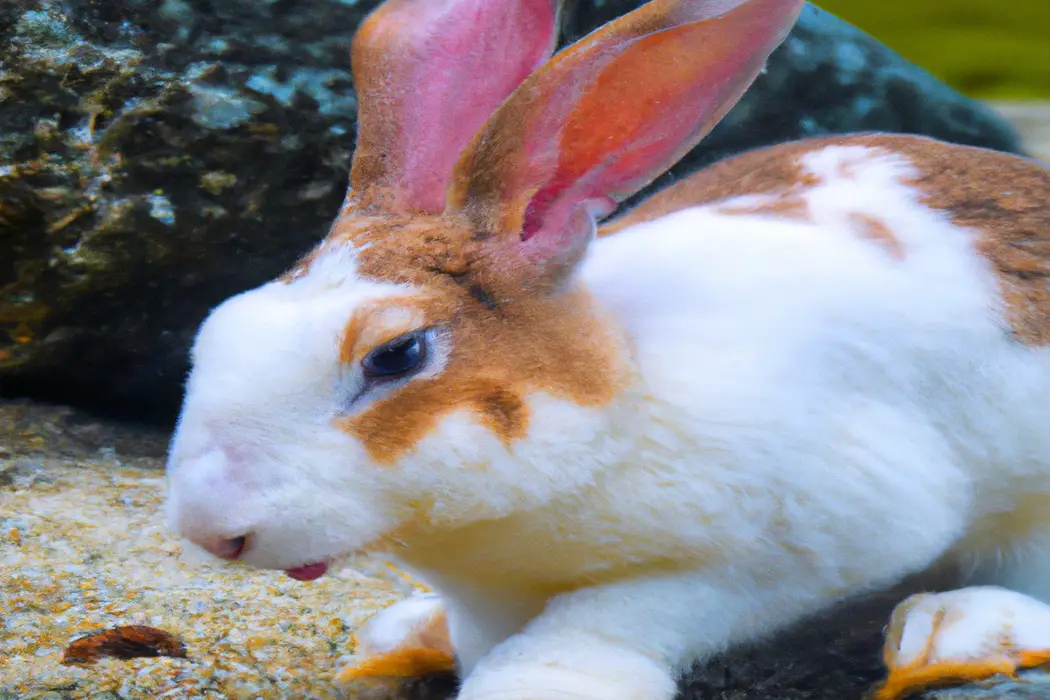
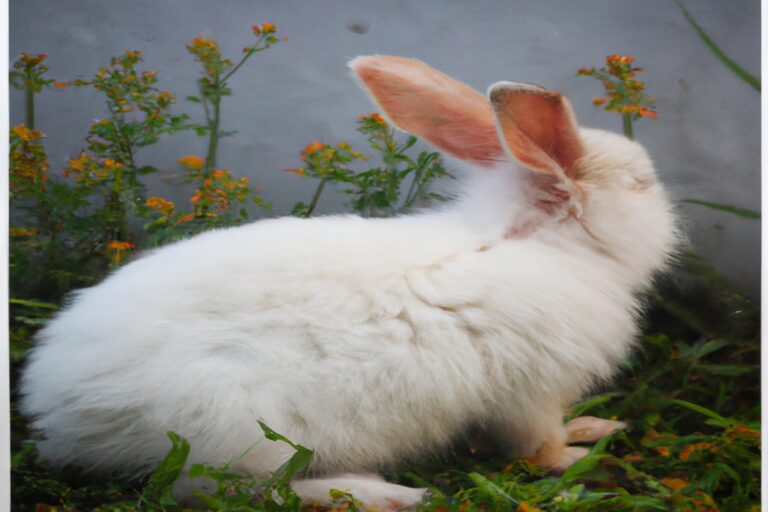
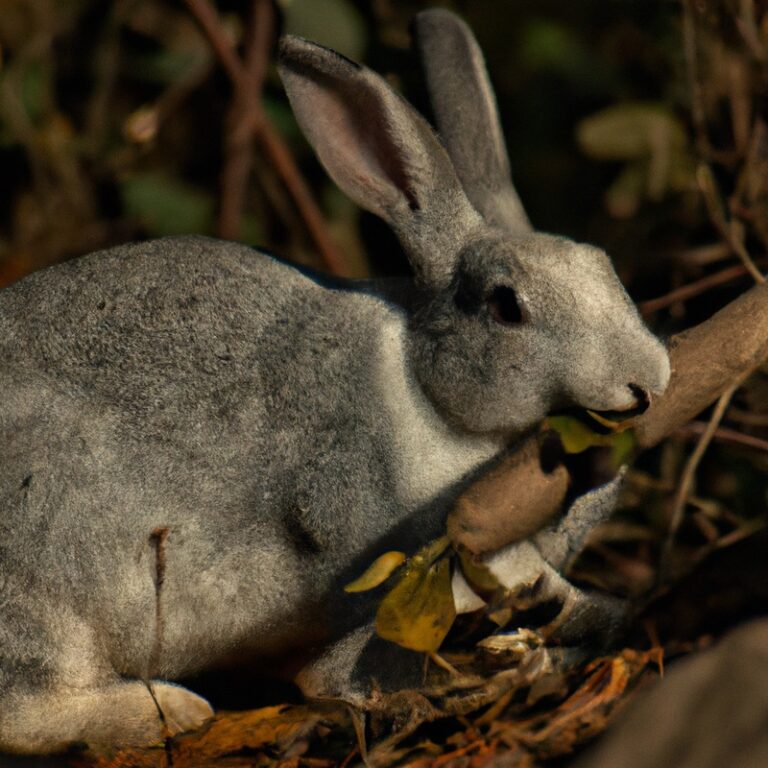
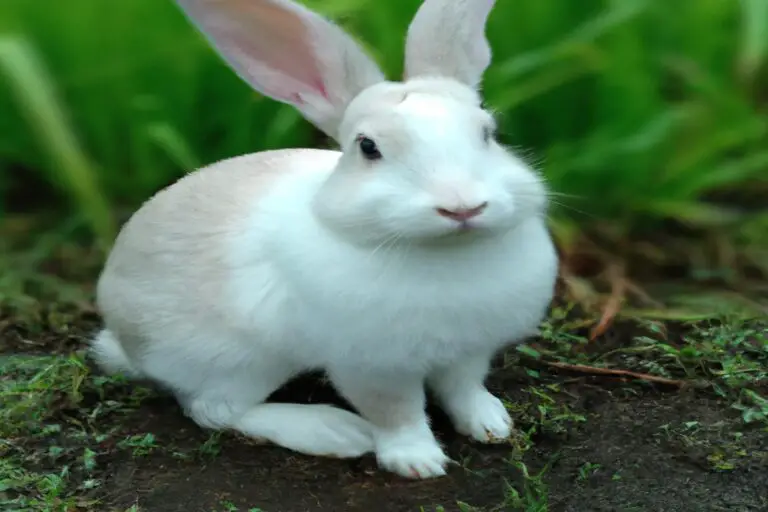
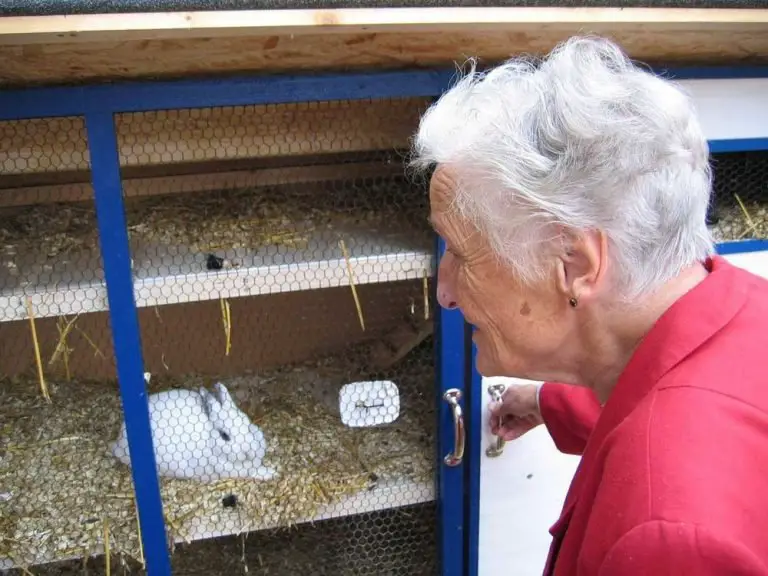
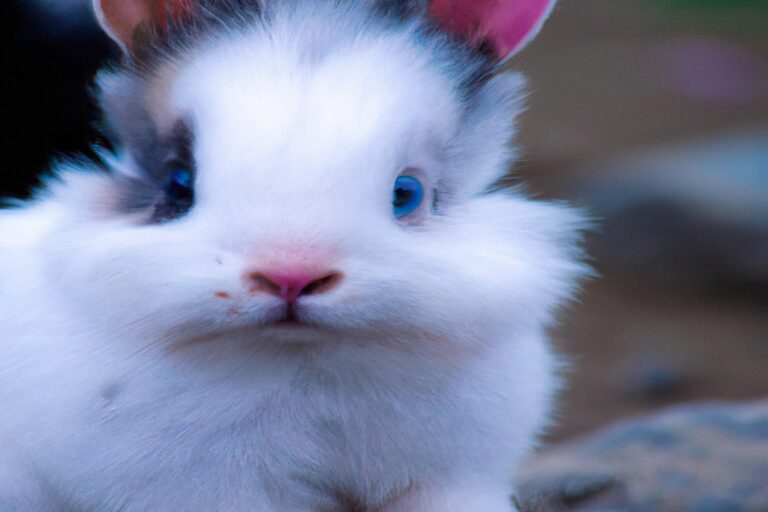
![How Fast Can Rabbits Run? [Know The Speed!]](https://atractivopets.com/wp-content/uploads/2020/10/How-Fast-Can-Rabbits-Run-768x499.jpg)